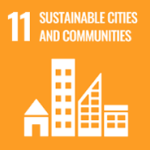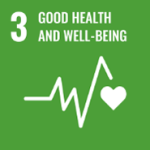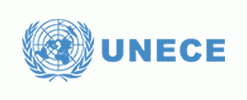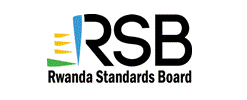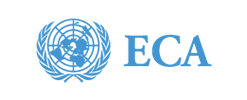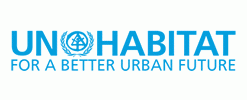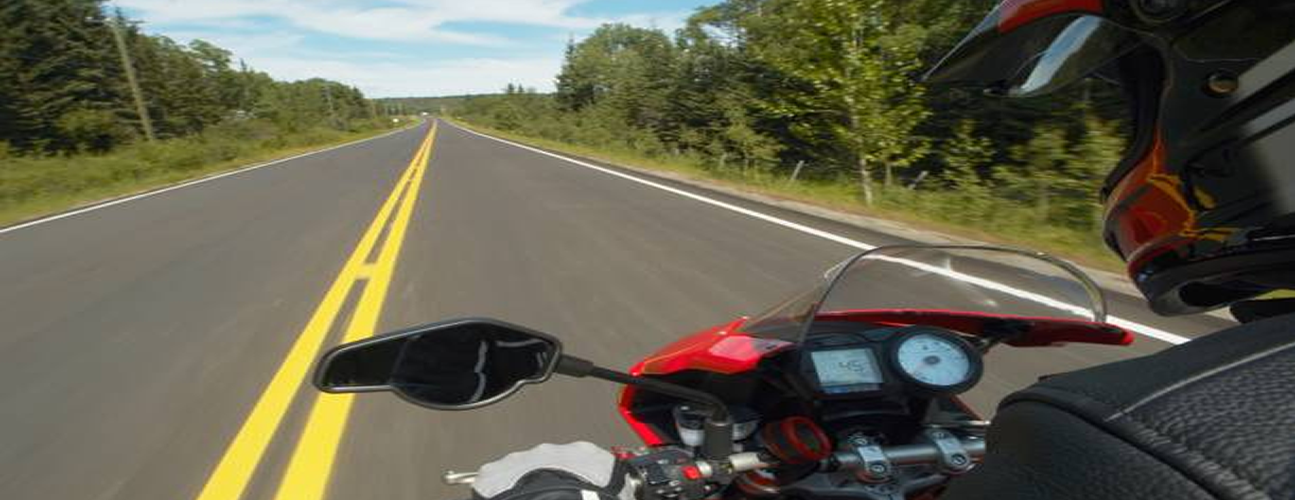
Areas of Impact
Country
The World Health Organization (WHO) reports that Africa has the highest rate of road deaths at 26.6 deaths/100,000 population and Rwanda has one of the highest rates at 29.7 road deaths/100,000 population.
Powered two-wheeler (PTW) make up over half of the registered vehicle fleet in Rwanda and they are involved in road deaths three times more often than any other vehicle; so, it is not surprising that head injuries make up a large percentage of the road trauma statistics.
Fortunately, if properly used, certified motorcycle helmets reduce the risk of severe head injury by 69% and death by 42%.
Rwanda is an exceptional low-income country where there is nearly 100% PTW helmet compliance.
However, the helmets sold are not required to be certified to any standard of protection, and no quality control is enforced in their construction.
Independent lab impact testing of various helmets purchased in Kigali found them to fail catastrophically, unable to mitigate forces that have been shown to induce serious head injuries.
One reason that no helmet standard is required is that the Rwanda Standards Board (RSB) lacks the equipment and expertise needed to perform impact testing of helmets sold in the country.
This proposal illustrates the potential benefits of achieving proof of concept of a ‘Made in Rwanda’ solution that will build academic capacity, generate a new revenue source, promote African independence from foreign imports while saving lives and preventing injuries.
The “Tuwurinde” project (In Kinyarwanda, the native language of Rwanda, this term can be interpreted as ‘let’s protect the head’) aims to improve lives by developing a revenue stream through the manufacturing and exporting of made-in-Rwanda helmets that will decrease road traffic injuries across the African continent.
Tuwurinde intends to operate as a public-private partnership that re-invests profits into a national road safety initiatives fund that can be used to reduce the risks of the most vulnerable road users like children, the elderly and people living with disabilities.
The road safety management systems to be delivered to relevant institutions will help to improve the inclusivity of our efforts beyond PTW users.
01
BUILD THE CAPACITY OF THE INSTITUTION IN CHARGE OF STANDARDS (THE RSB) FOR INSTALLATION OF HELMET TESTING EQUIPMENT AND ESTABLISH A NATIONAL HELMET TESTING CENTER
02
IMPLEMENT BEHAVIOR CHANGE TO ENCOURAGE APPROPRIATE HELMET USE AND THE NEED TO REPLACE HELMETS AFTER CRASHES
03
SUPPORT LEGISLATION OF A HELMET SAFETY STANDARD AND CERTIFICATION PROTOCOLS THAT WILL ESTABLISH THE FOUNDATION OF LOCAL HELMET MANUFACTURING CAPACITY

